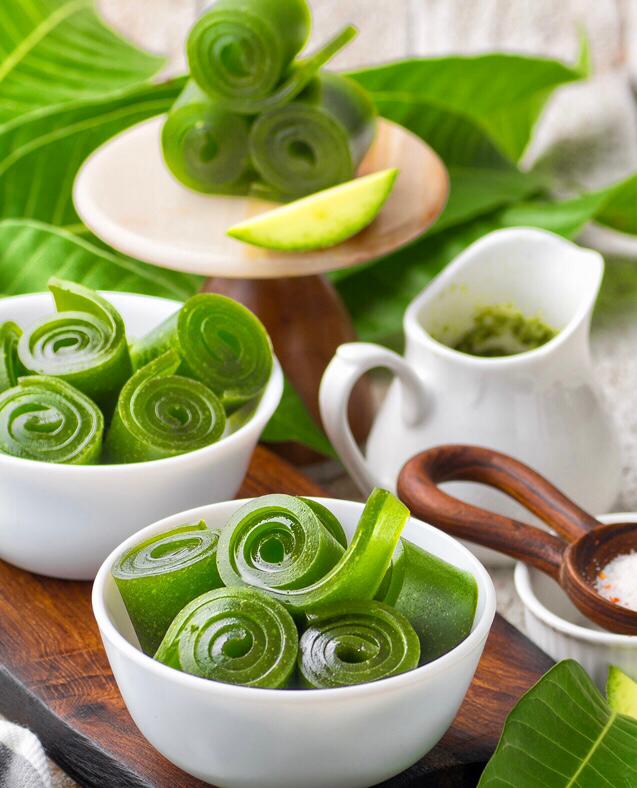
If you’re looking to gain weight in a healthy and flavorful way, mangoes 📈🥭 can be an excellent ally on your journey. Known for their delicious taste and tropical appeal, mangoes offer a range of nutritional benefits that can support your weight gain goals. In this comprehensive blog post, we’ll delve deeper into the reasons why mangoes are beneficial for weight gain, provide an in-depth look at their nutritional profile, and offer practical tips on how to incorporate mangoes into your diet effectively. Get ready to explore the sweet and nutritious world of mangoes for weight gain! 🌴🥭📈
📈 Mangoes: A Nutrient-Packed Fruit for Weight Gain: Mangoes are not only a delightful treat but also a nutrient-dense fruit that can help you achieve your weight gain goals. Here’s why mangoes are an excellent choice for those looking to add some healthy weight:
🥭 Calorie Density: Mangoes are relatively high in calories compared to many other fruits. A medium-sized mango contains approximately 135-150 calories, making it a calorie-dense option. Consuming calorie-dense foods is crucial for creating a calorie surplus, which is necessary for weight gain.
🍚 Carbohydrate Powerhouse: Mangoes are rich in carbohydrates, which are the body’s primary source of energy. Carbohydrates provide the fuel your body needs to perform daily activities, workouts, and support muscle growth. The carbohydrates in mangoes come in the form of natural sugars, which provide quick energy.
🍊 Vitamins and Minerals: Mangoes are packed with essential vitamins and minerals that contribute to overall health and well-being. They are a great source of vitamin C, which supports immune function and aids in tissue repair. Mangoes also contain vitamin A, vitamin E, potassium, and other micronutrients that play vital roles in maintaining optimal health.
🌱 Incorporating Mangoes into Your Weight Gain Diet: To make the most of mangoes for weight gain, here are some practical tips on how to include them in your daily diet:
- Enjoy Fresh Mango Slices: Snack on fresh mango slices between meals to increase your calorie intake. They are a tasty and convenient way to consume more calories while benefiting from the natural sweetness and nutrients of mangoes.
- Blend Mangoes into Smoothies: Add mangoes to your homemade smoothies to create calorie-rich and nutrient-packed beverages. Blend them with milk, yogurt, protein powder, and healthy fats like nuts or seeds for a satisfying and energy-dense meal replacement or snack.
- Pair Mangoes with Nut Butter: Spread a generous amount of nut butter, such as almond or peanut butter, on mango slices. This combination of carbohydrates from mangoes and healthy fats from nut butter adds calories and contributes to weight gain in a delicious way.
- Include Mangoes in High-Calorie Meals: Incorporate mangoes into your meals by adding them to salads, grain bowls, or even main dishes. Their natural sweetness and vibrant flavor can enhance the taste of savory dishes while increasing their calorie content.
- Combine Mangoes with Protein Sources: Pair mangoes with protein-rich foods like Greek yogurt, cottage cheese, or lean meats. This combination provides a balance of macronutrients and supports muscle growth and repair.
📈 Balancing Nutrition and Exercise: While mangoes can contribute to weight gain, it’s important to remember that weight gain should be approached in a healthy and balanced manner. Along with incorporating mangoes into your diet, focus on consuming a well-rounded mix of macronutrients, including protein, healthy fats, and complex carbohydrates. Combine your nutritional strategy with a consistent strength training routine to build muscle mass effectively.
🥭📈 Mangoes offer a delicious and nutritious way to support your weight gain journey. With their calorie density, carbohydrate content, and array of essential vitamins and minerals, mangoes are a valuable addition to your diet. By incorporating mangoes in creative and enjoyable ways, you can elevate your calorie intake while enjoying the tropical flavors and reaping the health benefits they provide.










